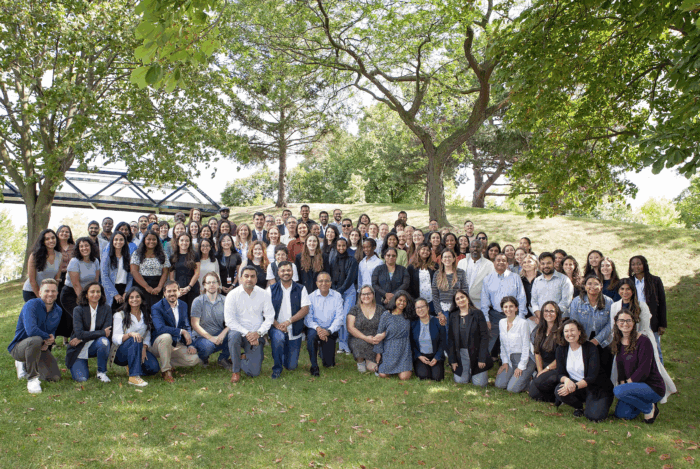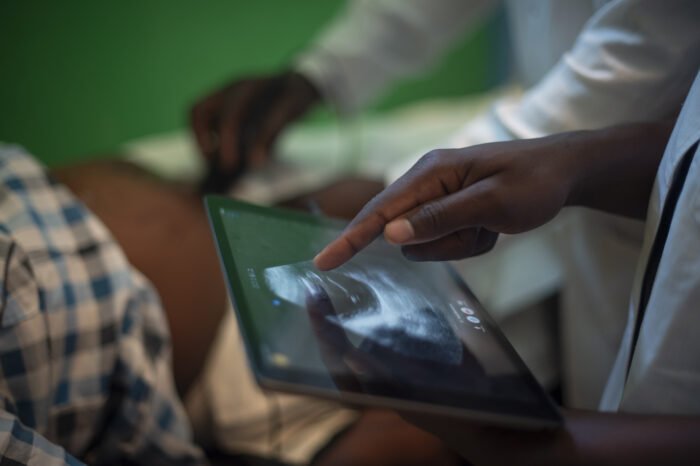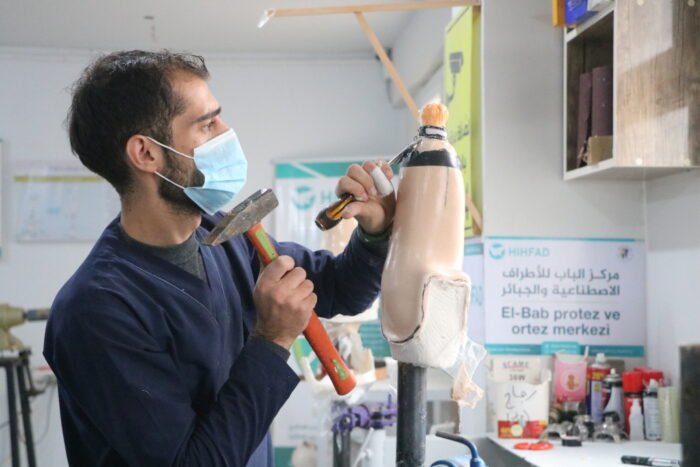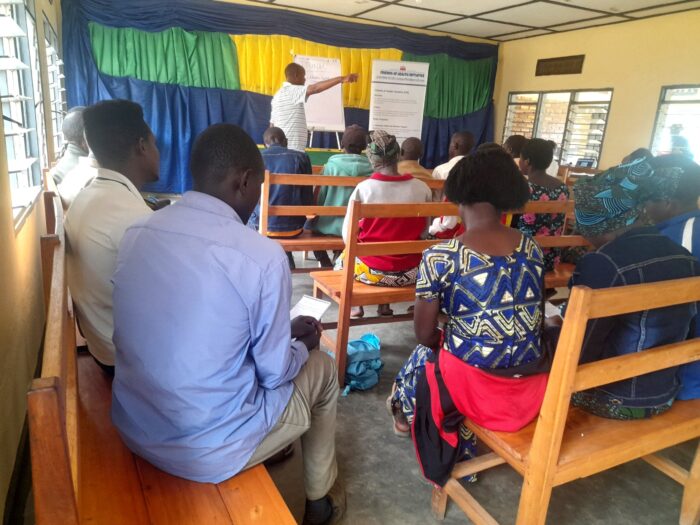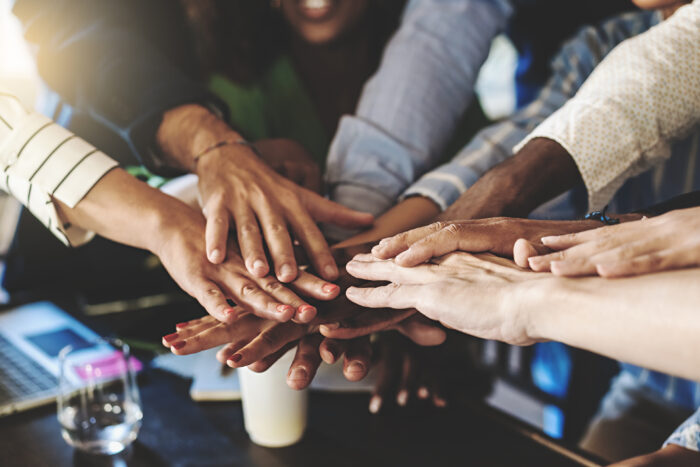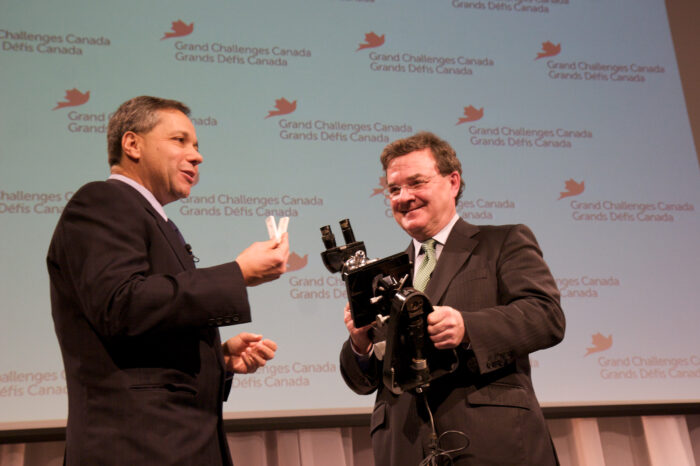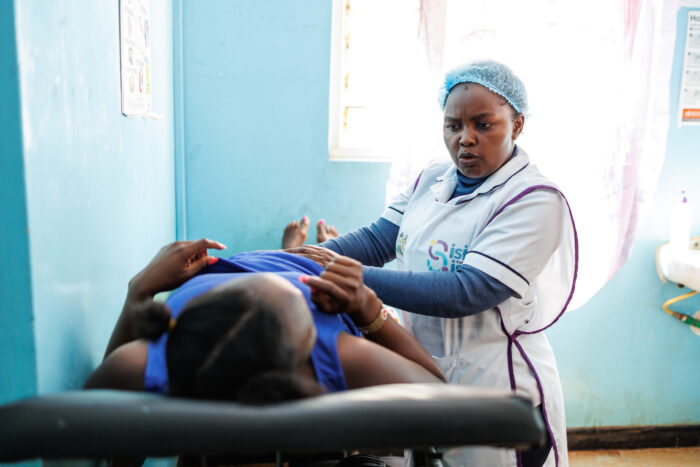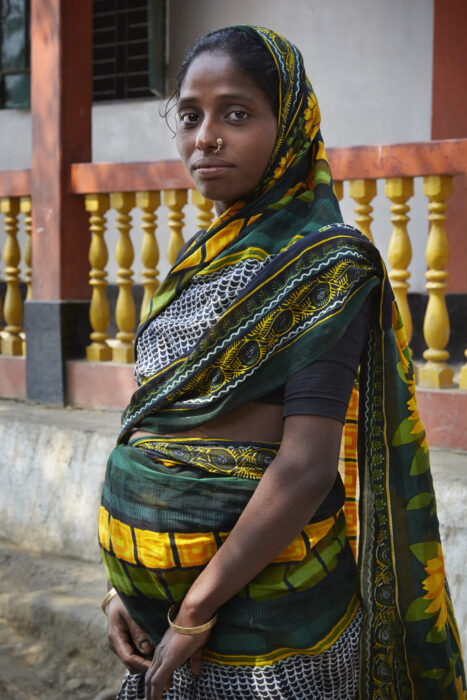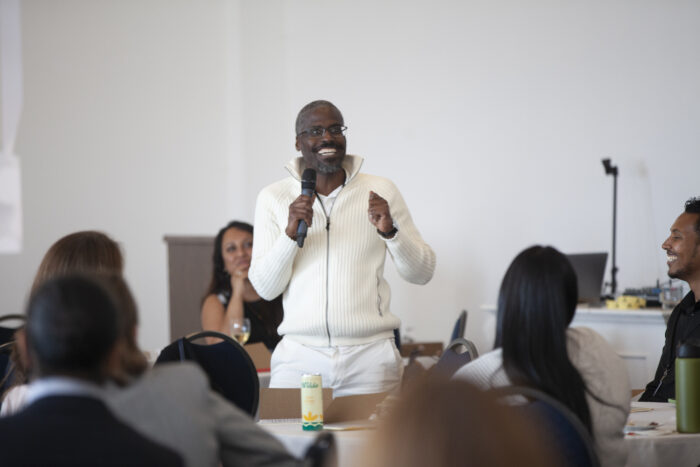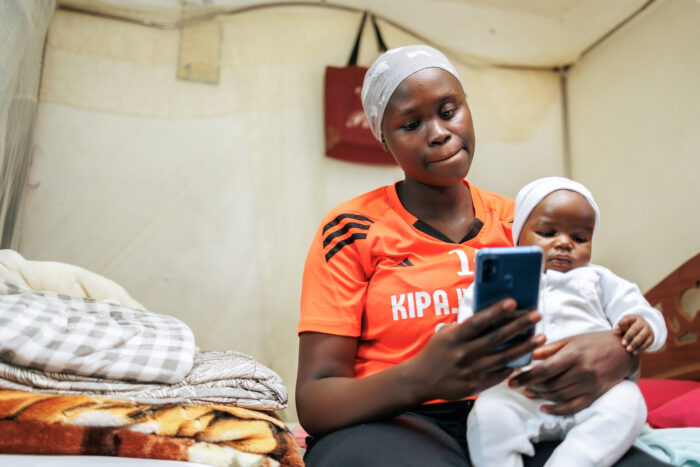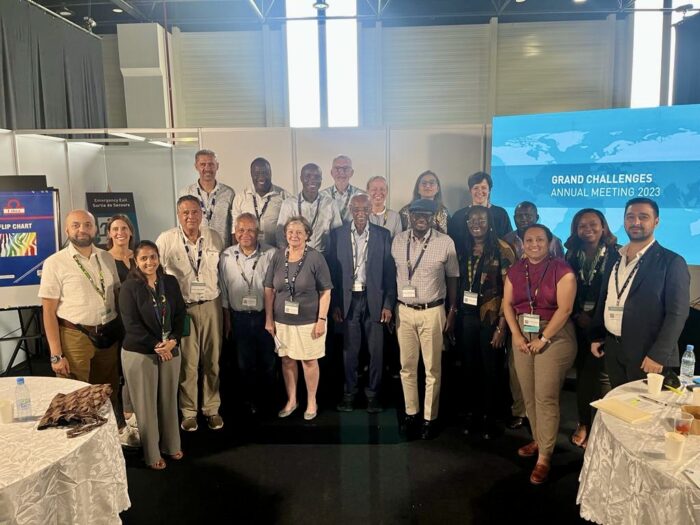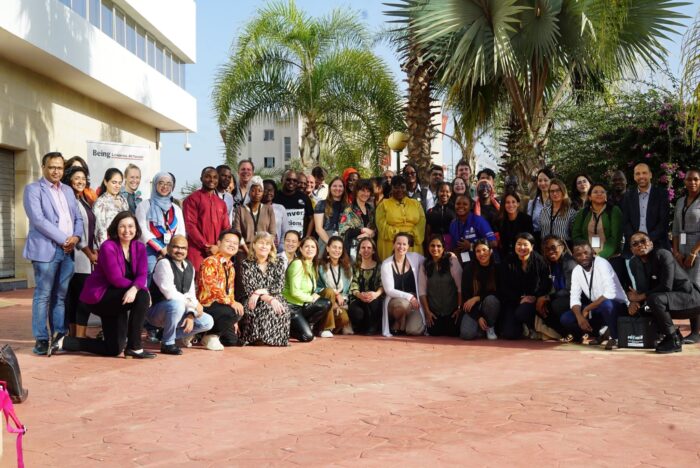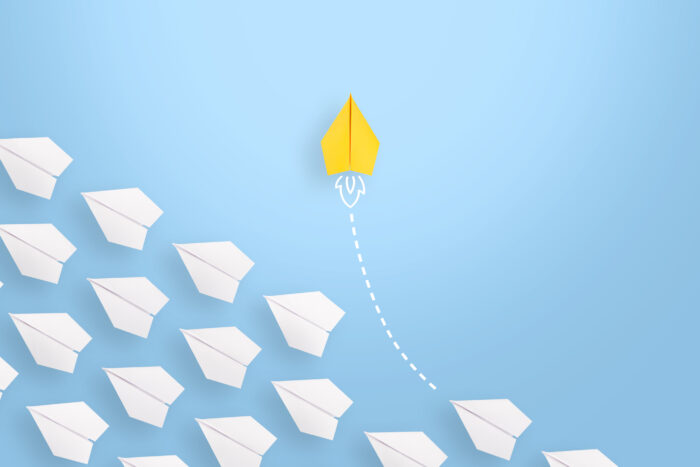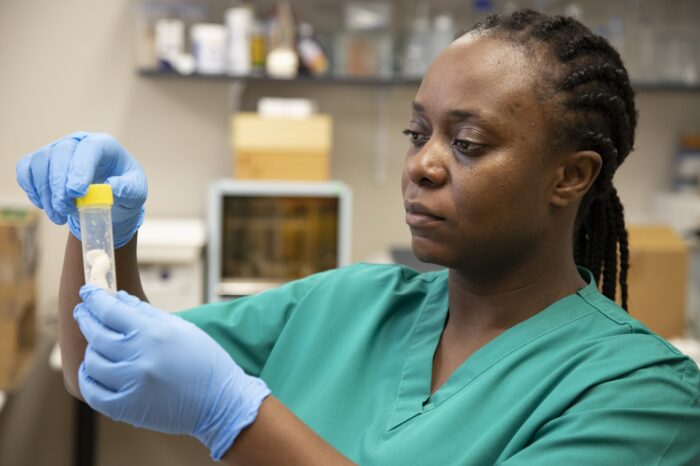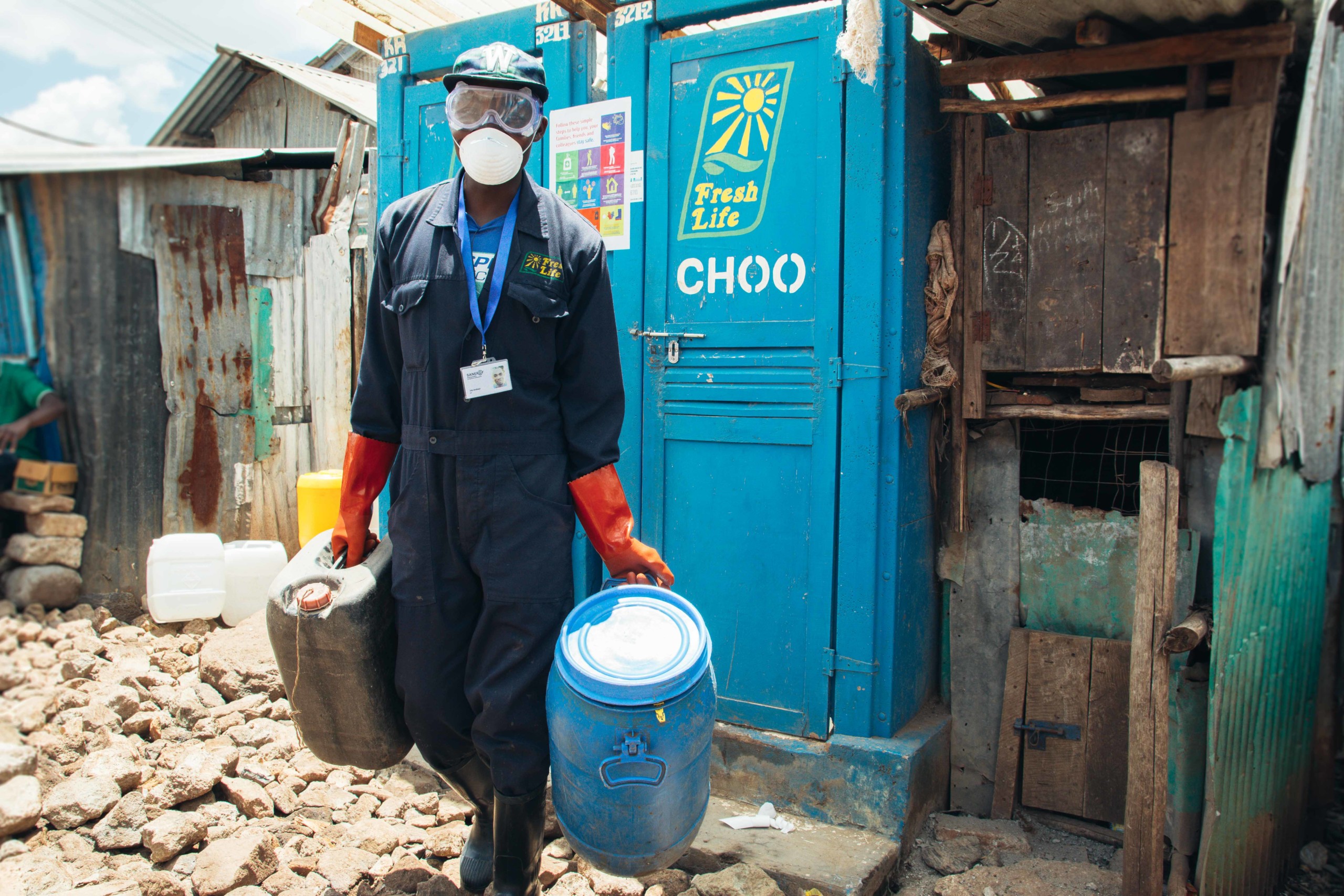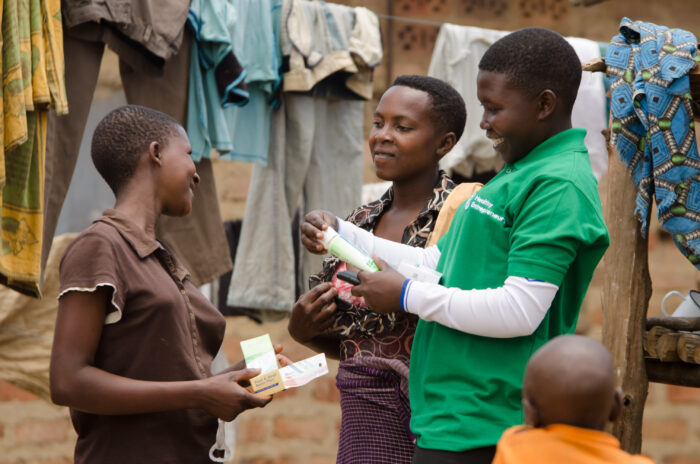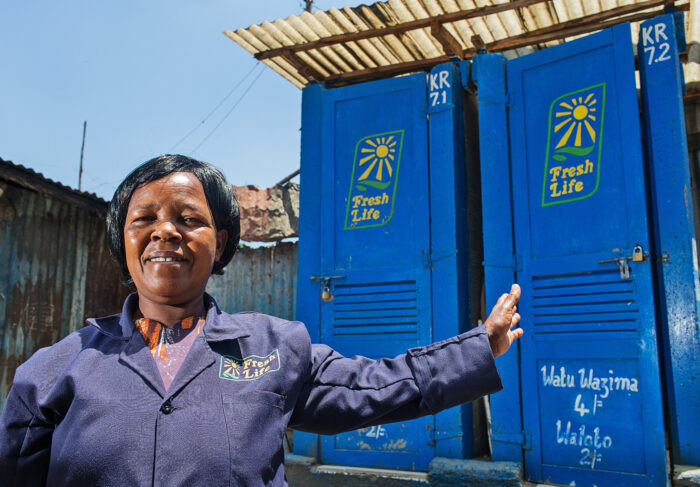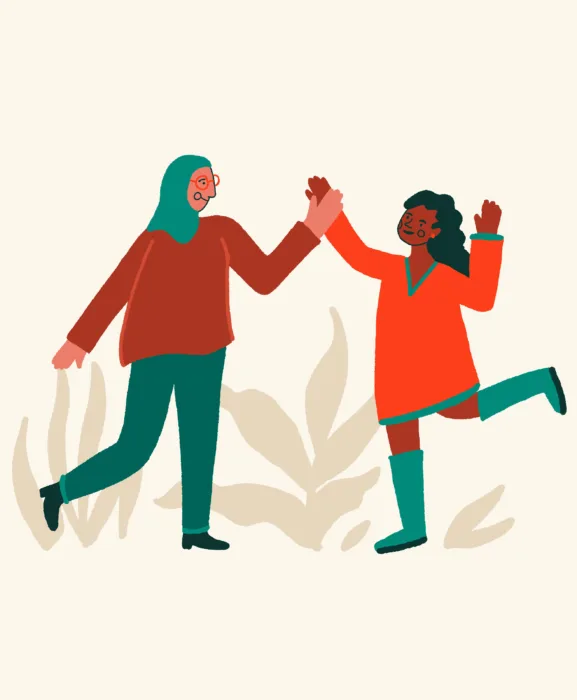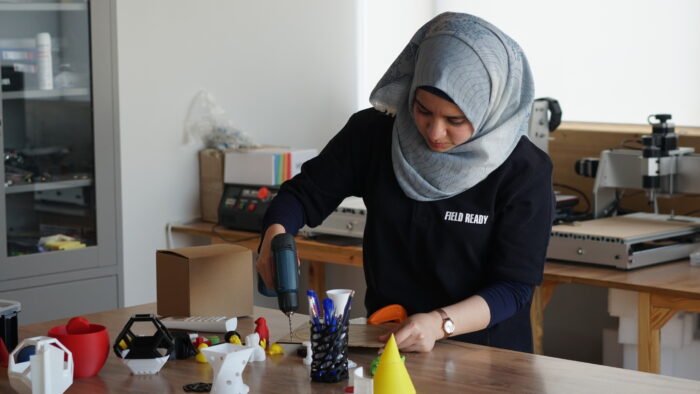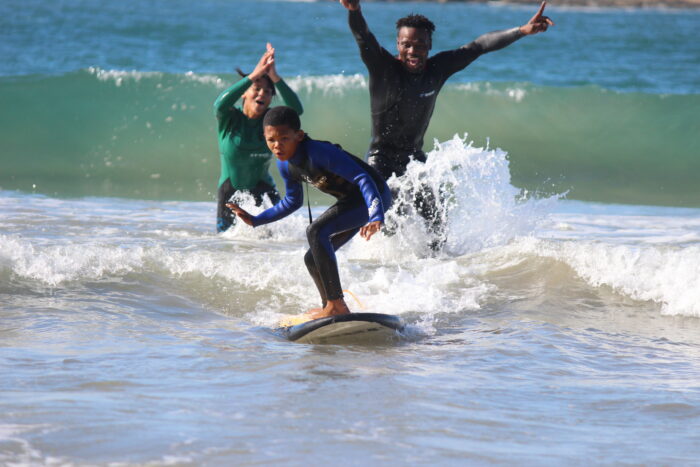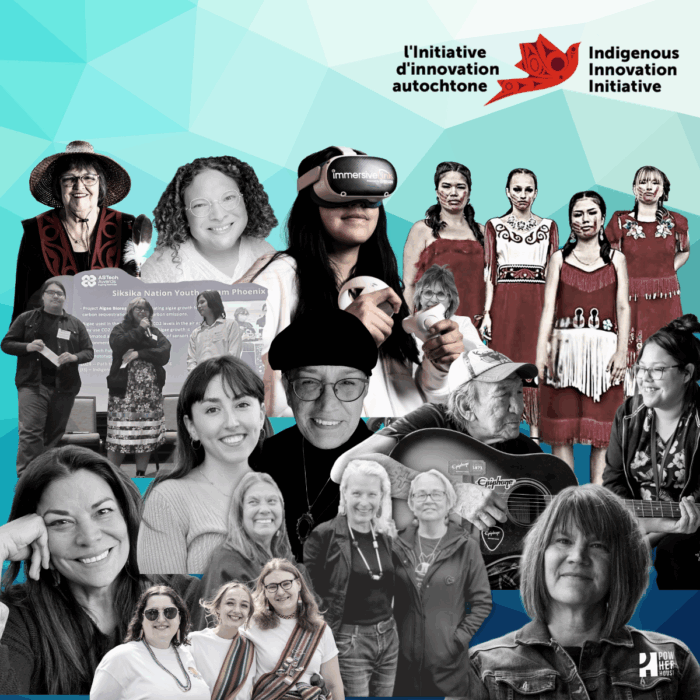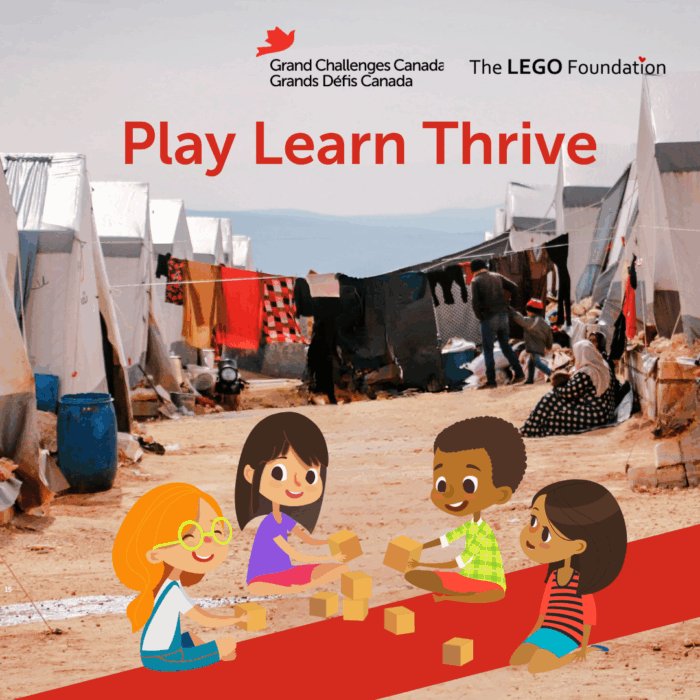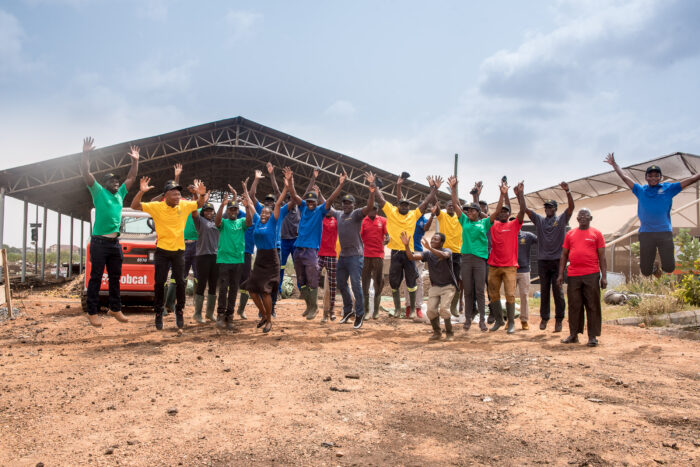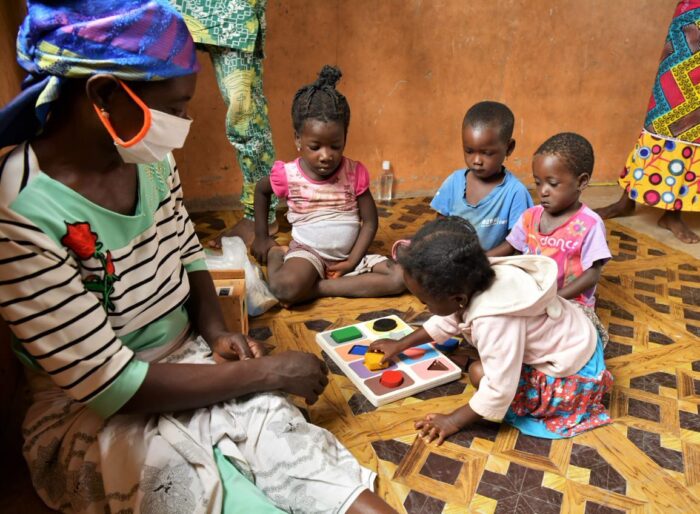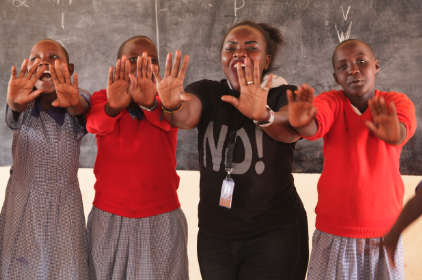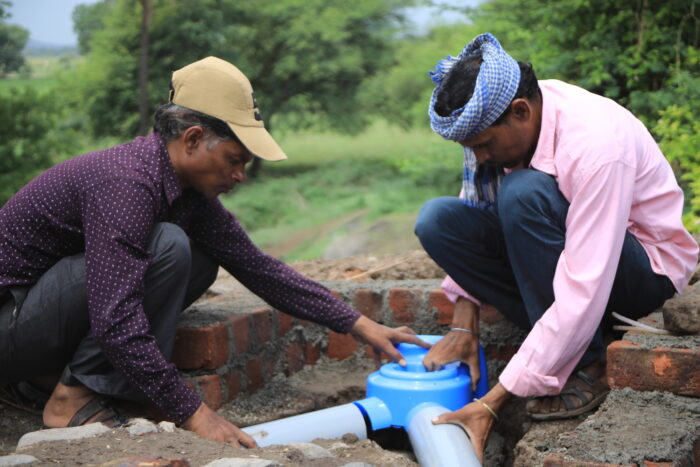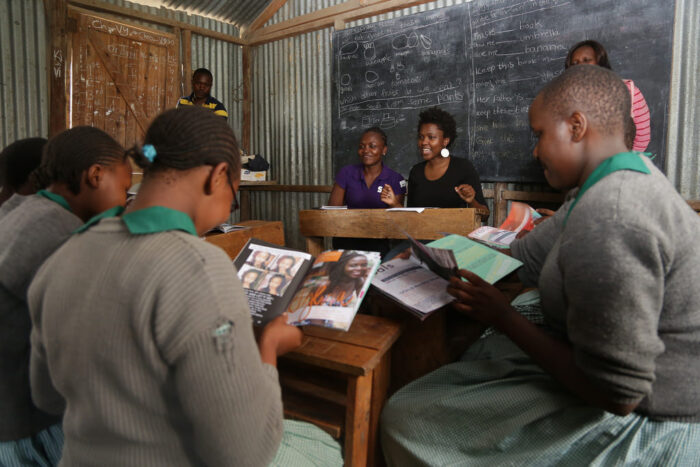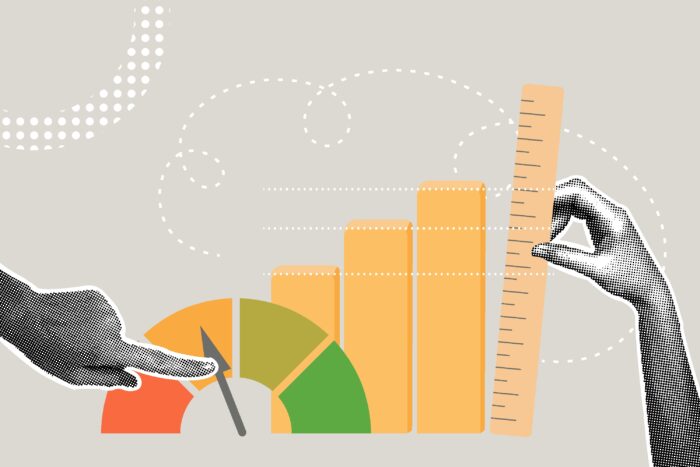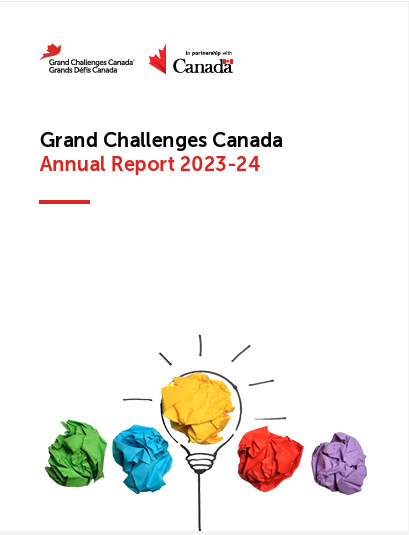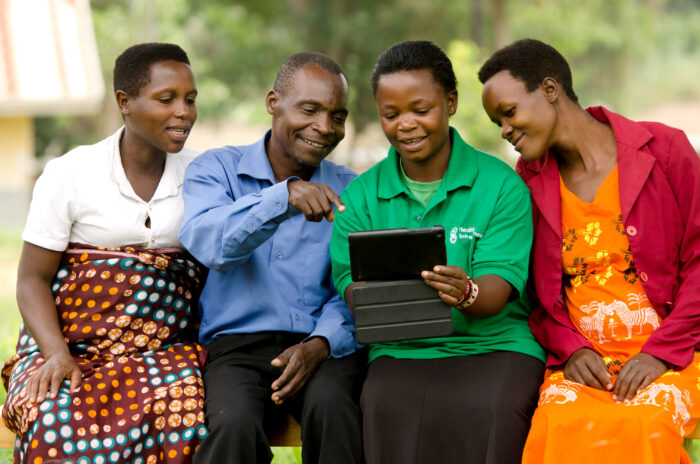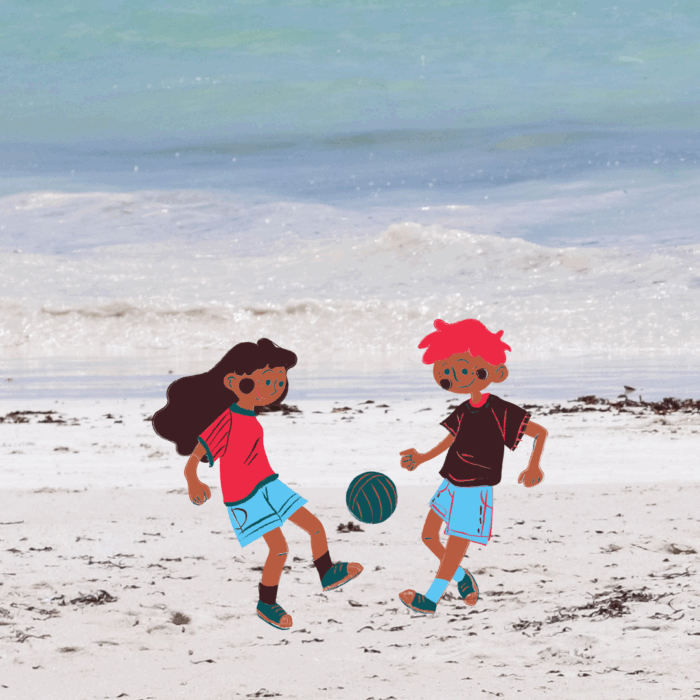Menelik Desta is Executive Director of School Readiness Initiative (SRI) in Ethiopia. The Ethiopian School Readiness Initiative is a comprehensive pre-school program with three major components: education, nutrition and monthly parent education sessions.

For a while, I have wanted to tell you about the lessons that I learned from the Global Mental Health Community Meeting that Grand Challenges Canada organized in Rio de Janeiro, Brazil.
First, a little bit about us. I am Menelik Desta, Executive Director of School Readiness Initiative (SRI) in Ethiopia. SRI is a not-for-profit, non-governmental organization working in Addis Ababa, the capital city of Ethiopia. SRI’s mission is to work, in collaboration with the Addis Ababa city government, to enable teachers and parents of 5,000+ children in 32 free government preschools to appropriately enhance children’s holistic development through using evidence-based methods.
I was one of the many participants of the Global Mental Health Community Meeting that took place in Rio at the end of October 2013. The objective of the meeting was to leverage knowledge and skills of people working in the global mental health domain with the goal of achieving results. The meeting was one of a series of get-togethers arranged by Grand Challenges Canada to enable close communication among specialists and researchers, as well as existing or future grantees. For me, the meeting was a great medium to share experiences and to exchange ideas. My informal discussions with participants and mentors helped me add new ideas to my experience.
The seminars were facilitated by groups of distinguished scientists from Canada and elsewhere. The program consisted of thoughtfully arranged seminars to improve knowledge and skills in various interrelated areas, with the objective of empowering participants to more efficiently execute our activities. Through the seminars, I learned a lot about different subjects directly related to how to better to implement a plan.
The meeting started with Grand Challenges Canada’s Chief Executive Officer, Dr. Peter Singer, emphasizing the fact that success of efforts to bring global changes depends on advocating the scaling up of individual model projects. According to Grand Challenges Canada, global success comes from the collective impacts of scaling up in a sustainable manner the results from individual model projects. This inspiring address was followed by discussions on how grantees can best follow the processes of our individual projects with defined activities and defined core metrics to measure the success of planned activities. I learned more about the Theory of Change (ToC). Advocated by Grand Challenges Canada, ToC is a way of executing projects that enables a detailed understanding of all steps that we should take and the timing of these steps in order to reach the expected goals.
 One of the important presentations during the Rio meeting was the endorsement by the United Nations of a Mental Health Action Plan for the period 2013–2020. I learned that all nations have realized the fact that, despite mental health being an important condition for productivity, the world has unaddressed practices of neglecting mental health services and care, and abuses of human rights of and discrimination against people with mental disorders and psychosocial disabilities. The WHO Mental Health Action Plan 2013–2020 is endorsed by committed nations to tackle these unaddressed issues. The WHO is partnering with nations and organizations like Grand Challenges Canada in implementing the action plan.
One of the important presentations during the Rio meeting was the endorsement by the United Nations of a Mental Health Action Plan for the period 2013–2020. I learned that all nations have realized the fact that, despite mental health being an important condition for productivity, the world has unaddressed practices of neglecting mental health services and care, and abuses of human rights of and discrimination against people with mental disorders and psychosocial disabilities. The WHO Mental Health Action Plan 2013–2020 is endorsed by committed nations to tackle these unaddressed issues. The WHO is partnering with nations and organizations like Grand Challenges Canada in implementing the action plan.
It was reassuring for me to hear Grand Challenges Canada reiterate that it has strengthened the mental health platform that it organized in order to facilitate mentorship for innovators in global mental health. This platform comprises senior mental health scientists who synthesize knowledge and mentor people like myself who are innovators in mental health.
My experiences from the Grand Challenges Canada meetings that I have attended so far and from my communications with Grand Challenges Canada program organizers have proven to me that Grand Challenges Canada is not only an organization that just avails funds for grantees, but an organization that goes to great lengths to ensure that beneficiary countries get the results expected from supported projects. Results could be achieved in any way and any outcome can be claimed to be a result. What makes Grand Challenges Canada-funded projects unique is that the donor starts by helping applicants refine proposals in order to highlight valid facts regarding the existence of unaddressed significant problems of society and to highlight a logical framework of sequential activities required to address the problem. After being satisfied with a results-based framework, Grand Challenges Canada carefully works with a prospective grantee on how best to address the chosen problem in an efficient manner. I wish all donors to the developing world would follow this model.
Follow the author on Facebook for the latest news. We encourage you to post your questions and comments about this blog post on our Facebook page Grand Challenges Canada and on twitter @gchallenges.
We are still accepting proposals in our Global Mental Health program. The deadline to apply is January 9, 2014.
